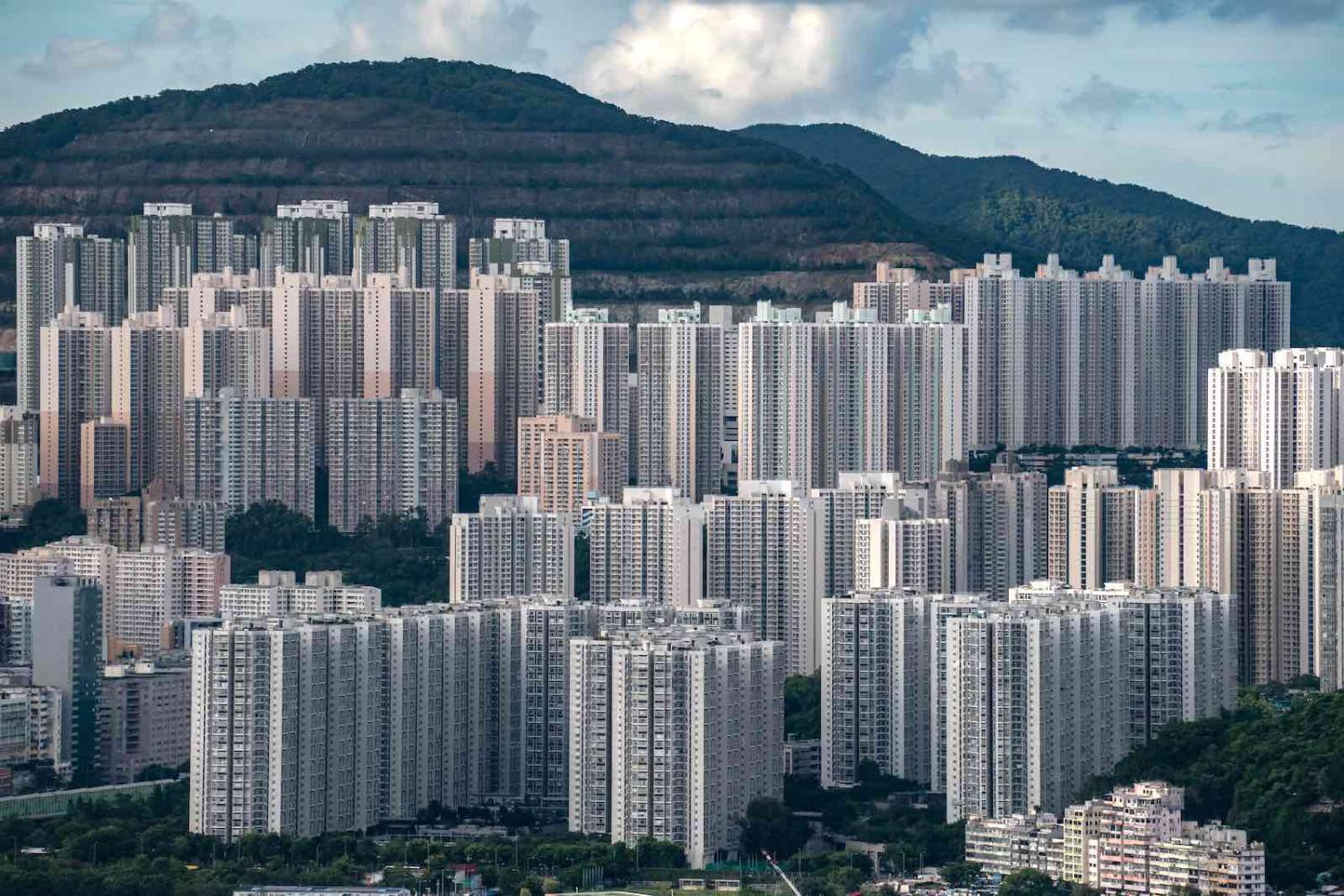Last week marked the first anniversary of one of the more significant moments during the protests in Hong Kong during 2019. The Yuen Long incident, on 21 July 2019, is remembered by many peaceful protesters as a mob attack by white-shirted thugs who many believed to be government-backed members of local Triad gangs. Police arrived late to break up the violence, a move protesters believe was part of a bigger plan. Forty-five protesters were injured, and no one has ever been arrested.
But 2020’s inversion of former realities ensured that the date was marked with a very different protest this year. There were considerably more media and police in attendance than protesters, many of whom held blank signs, in a doomed attempt to circumvent new security laws.
The vast gulf between 2019 and 2020 has been felt around the world, of course. But in Hong Kong, the last months have decimated the protest movement and halted much of whatever momentum it had built.
It’s difficult to see how even a major political victory, internationally or domestically, will gain the democracy movement anything beyond short-term traction.
The introduction in June of new security regulations from on high in Beijing – the Safeguarding National Security in Hong Kong SAR law – is the pinnacle of this dynamic. The law, much despised among the protest movement, is effectively an attempt by the mainland authorities to bring Hong Kong to heal and to curtail the troublesome region’s relative autonomy under the auspices of “One Country, Two Systems”, the framework in place since the 1997 handover from the UK to China.
Hated though it may be, it has been effective in putting up a firm barrier to street protest. On many counts, Beijing looks to have tipped the struggle for Hong Kong in its favour.
It has been a close-run thing. There were times last year where it seemed authorities, both in Hong Kong and in Beijing, were losing much ground and were bereft of ideas to take the heat out of the discontent boiling in the streets of Hong Kong.
Fears of another Tiananmen and damage to brand China seemed to constrain mainland authorities, and the massive coverage in international news and across social media channels disabled the heavy hand Beijing might have otherwise applied. Structural bottlenecks between the leadership in Beijing and Hong Kong’s Legislative Council crimped measures to put an immediate end to the street marches.
A growing number of protesters now appear to be leaning more into a political campaign as civil activism avenues are closed off. It’s a strategy shaped as much by the pandemic as the new security laws – either of which alone could have ended the street campaign – and by the new realities of 2020.
The approach is aimed at both international and domestic jurisdictions.
This is not necessarily a new direction. For instance, the much-heralded US Hong Kong Human Rights and Democracy Act, which finally passed the US Congress in November 2019, had been a focal point for Hong Kong pro-democracy parties since the Umbrella Movement in 2014. Joshua Wong, one of the protest leaders, was heavily involved in the campaign to enact the bill and staked considerable political capital on its outcome throughout 2019.
The big question, of course, is will such strategies be successful in helping rescue and advance democracy in Hong Kong?
It’s hard to see that being the case. If 2019 proved anything, it is that international concern doesn’t always translate into positive action. While the world looked on in horror at events in Hong Kong, and as many leaders, celebrities and other higher-ups expressed support for the protesters, few really had the courage or ability to take on China on issues of democracy or human rights.

Despite US bluster, US President Trump recently froze funding for a US government agency designed to help protect internet freedom worldwide. This is a significant blow to Hong Kong’s social media–reliant protests. Trump’s view on Hong Kong appears to be that it is just another moving part in the complex machinery of China-US relations.
While Australia has indeed frozen its extradition agreement with Hong Kong, and received much praise from the protest movement as a result, other links prevail, including the Mutual Legal Assistance on Criminal Matters Act (Hong Kong). This law obliges Australia to cooperate on legal matters, such as “identifying and locating persons” and “executing requests for search and seizure”.
Meanwhile, any success for pro-democracy parties in September will meet Beijing’s increased willingness to openly threaten Hong Kong’s sovereignty.
It’s difficult to see how even a major political victory, internationally or domestically, will gain the democracy movement anything beyond short-term traction. The movement looks to have been shoehorned into the confined corridors of political campaigning, a space that Beijing surely dominates.
However, an underground is building. Some protesters are developing a pro-independence line. Gathering around figures like Edward Leung, this movement represents a departure from the earlier protests, the mainstream of which generally sought reform within the Chinese system, not apart from it.
The presence of this possibly growing secessionist cohort – while so far a mostly amorphous and subterranean faction – suggests that while Beijing may have won for now, a longer struggle is still playing out.

